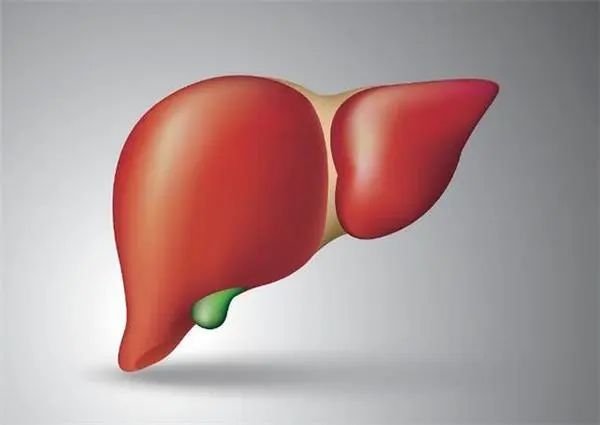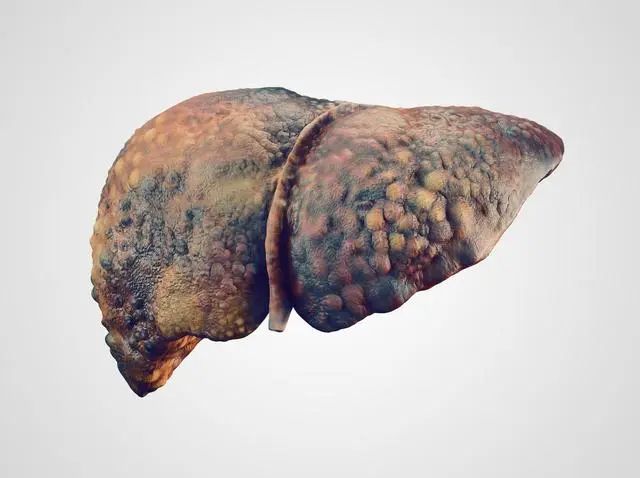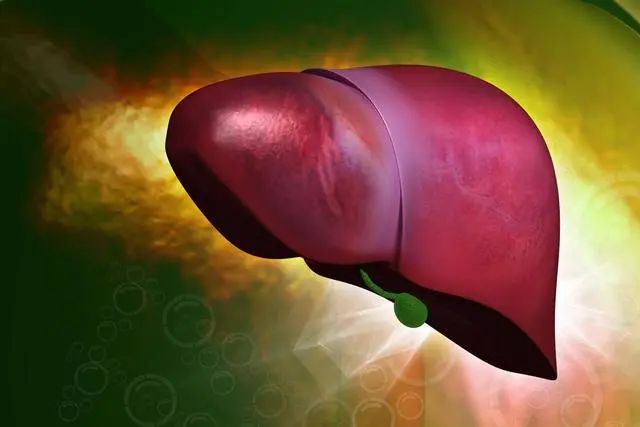If a person’s mental state often manifests as depression and anxiety, it can easily lead to symptoms of excessive liver fire and liver qi stagnation.
Especially for individuals with introverted personalities, unstable mental states, and frequent insomnia with vivid dreams, this phenomenon is more likely to occur. Therefore, it is crucial for a person to maintain an optimistic, positive, and peaceful mindset. However, there is no need to worry too much; as long as regular liver function screenings are conducted and no liver damage is detected, there is no major concern. Additionally, one should avoid taking medications that may increase the burden on the liver.

There are many reasons that can lead to liver qi stagnation, most of which are closely related to a person’s psychology. When a person’s spirit is stimulated or often in a state of repression, it can cause significant damage to the liver. Secondly, pathological factors, such as frequent abdominal pain, can also lead to liver qi stagnation.

In Traditional Chinese Medicine (TCM), this condition is explained as liver qi stagnation or blockage, which occurs due to poor circulation or backflow of qi within the body, leading to obstructed blood circulation and a series of diseases. Liver qi stagnation is one of the most common conditions. What exactly causes it?
By understanding the causes of this condition, we can treat it symptomatically. Let’s take a look at the reasons behind liver qi stagnation.

1. Poor Emotions and Repression
If a person frequently experiences a state of repression, discomfort, or unhappiness, it can lead to poor blood circulation within the body. Some toxins and waste cannot be effectively excreted, leading to accumulation in the liver and putting pressure on it, which is a primary cause of liver qi stagnation.
Some individuals often engage in work they dislike, which adds psychological pressure, commonly referred to as emotional dissatisfaction. If negative emotions cannot be adequately expressed, qi and blood stagnation will accumulate in the liver, potentially triggering liver qi stagnation.
2. Mental Stimulation
Everyone expresses emotions differently; some are calm while others are irritable. A person’s temperament significantly impacts the liver.
If a person suddenly experiences external mental stimulation, their mood may become very heavy. If they cannot effectively release or alleviate this, it may result in emotional outbursts, and fluctuating emotions can also trigger liver qi stagnation.

3. Pathological Causes
On one hand, liver qi stagnation can be caused by psychological factors; on the other hand, it can be due to pathological reasons. If the liver is invaded by viruses or bacteria, it can lead to excessive pressure on the liver, causing qi and blood to flow poorly, resulting in toxin accumulation in the liver, such as frequent abdominal pain and stomach pain, which can act as triggers.

By analyzing the causes of liver qi stagnation, we understand how crucial liver health is to the body. We must relax our minds, avoid excessive fatigue, learn to stabilize our emotions, and maintain a healthy attitude towards life to prevent liver damage.
Spring is the most suitable season for nourishing the liver. Many people use various methods to care for their liver, as the liver is the source of blood in the body.
Nourishing the liver begins with nourishing the blood. To properly care for the liver, we should focus on the following aspects:

1. Ensure Adequate Sleep
The best way to care for the liver is to ensure sufficient sleep. The liver continuously operates and repairs itself during deep sleep. If one frequently stays up late and does not rest on time, it can negatively impact liver health. The liver will not be able to produce blood effectively, and liver blood will not return to normal, leading to damage to the body’s blood and potentially harming the kidneys. To care for the liver, the primary task is to ensure adequate sleep.
2. Maintain a Positive and Optimistic Attitude

The liver is particularly sensitive to irritability and anger. The liver is responsible for the body’s excretory functions, and if one is frequently under excessive pressure and in a state of anger, it can damage the liver, impairing its normal function and harming the body’s blood, which can also lead to kidney damage. To ensure proper liver care, maintaining a positive and optimistic attitude is very important.
3. Eat Foods that Nourish the Liver
Diet plays a significant role in liver care. In spring, when appetites increase, one can consume foods beneficial to the liver, such as broccoli and black sesame. Using dietary therapy to nourish the liver is also a good method.
4. Engage in Reasonable Exercise
As spring temperatures rise and the weather becomes warmer, this season is ideal for exercise. Moderate exercise can promote metabolism, burn excess body fat, and enhance blood circulation, which is beneficial for the liver’s excretion and nutrient absorption, thus achieving liver nourishment and protection.

Spring is very suitable for liver care. Through the four aspects mentioned above, we can clearly understand how to achieve the goal of nourishing and protecting the liver.
First, we must ensure adequate sleep duration and quality, complement our diet with foods beneficial to the liver, participate in suitable exercises, and maintain a positive and healthy mindset to effectively care for the liver. At the same time, we must also take care of our kidneys; only by combining the care of both can we achieve better overall health.
Additionally, aside from changing lifestyle habits, if the liver is not functioning well, with symptoms of excessive liver fire, liver qi stagnation, poor sleep, anxiety, and poor complexion, one can drink Wushun tea for regulation. Let’s analyze Wushun tea in detail:
1. Rose Flower
Rose flower is known as the “sacred medicine for relieving depression” and has the effects of regulating qi, relieving depression, promoting blood circulation, and dispersing blood stasis. It can be consumed in moderation when feeling irritable or depressed.
2. Dried Tangerine Peel (Chen Pi)
Dried tangerine peel primarily functions in regulating qi, aiding digestion, and drying dampness to resolve phlegm, especially excelling in qi regulation. Dried tangerine peel has a fragrant aroma, and in TCM, fragrant herbs often have qi-regulating and qi-moving properties, making dried tangerine peel a good health remedy for qi regulation.
3. Goji Berries (Gou Qi Zi)
Goji berries are very helpful for insomnia and can be consumed year-round. Regular consumption can improve physical constitution and alleviate sleep issues such as poor sleep quality and difficulty falling asleep, thus enhancing sleep quality.
4. Mulberries (Sang Shen)
Mulberries can “nourish the five organs, promote qi and blood, prevent hunger, calm the spirit, and enhance intelligence.” Therefore, individuals who often suffer from insomnia should consume more mulberries, as they can help calm the mind and enhance cognitive function.
Dried mulberries can also aid sleep to some extent. They are rich in magnesium, a mineral with special effects that can relieve mental tension and promote a good mood, thus alleviating insomnia caused by anxiety.

5. Citron (Xiang Yuan)
Citron peel has a fragrant and spicy aroma that can disperse and regulate qi, and its bitterness can descend rebellious qi. It has the functions of soothing the liver, regulating qi, and harmonizing the middle, making it useful for treating liver qi stagnation, insomnia, anxiety, and poor complexion.
6. Peppermint (Bo He)
Peppermint can soothe the liver and relieve depression, and it can be used to treat liver qi stagnation. The liver is responsible for smooth flow and discharge. If due to emotional dissatisfaction or invasion by pathogenic factors, the liver meridian is obstructed, leading to liver qi stagnation, clinical manifestations may include insomnia, chest and rib distension and pain, emotional depression, and frequent sighing.

